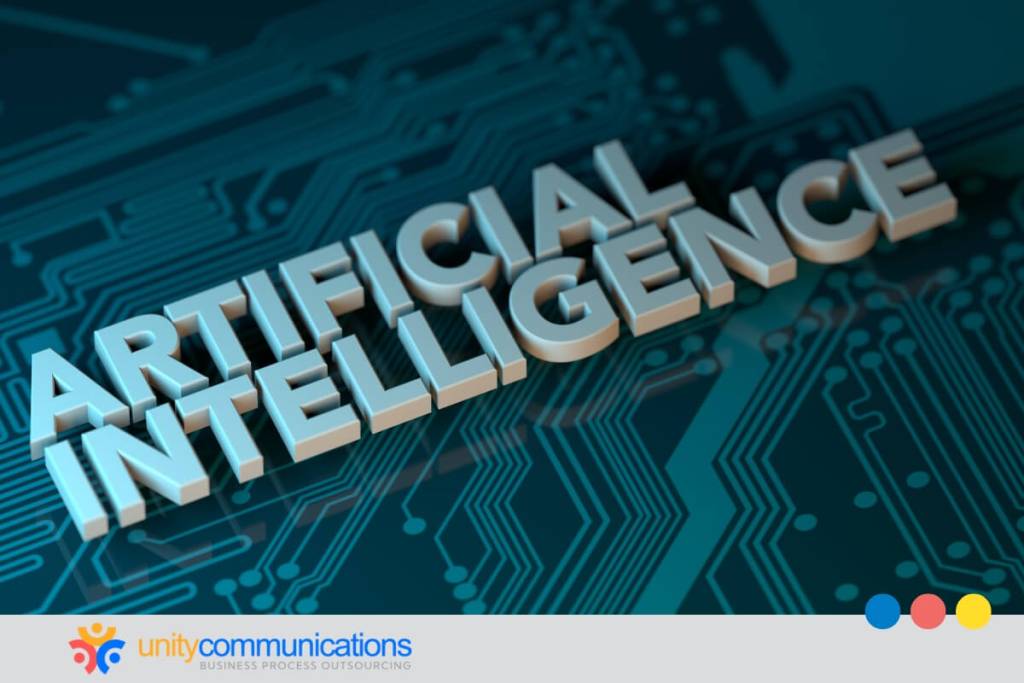The annual HLTH conference took place from October 20 to 23 in Las Vegas and showcased the latest artificial intelligence (AI)-powered healthcare innovations. Industry leaders Google, Microsoft, and Nvidia unveiled tools designed to streamline administrative tasks, reduce healthcare costs, improve patient care, and accelerate medical research.
- 3 min read
Spotlight on big tech: New AI-powered healthcare solutions
Doctors and nurses handle extensive paperwork, from patient records to insurance claims and regulatory requirements. Tech companies aim to address this burden with generative AI tools, which took center stage in HLTH 2024.
Google’s AI-powered search and data engine
Google launched Vertex AI Search for Healthcare, which was initially trialed at last year’s HLTH conference. It can streamline medical research by enabling doctors to search various medical records quickly.
The launch aligns with Google survey findings, showing that 91% of respondents support AI use in healthcare administrative tasks. These jobs take nearly 28 hours of clinicians’ time weekly and contribute to burnout in 82% of doctors. Additionally, 96% to 99% of healthcare executives agreed that reducing administrative work would provide more patient-centered care.
Meanwhile, Google’s Healthcare Data Engine helps develop AI-powered applications to enhance the efficiency of healthcare tasks.
Nvidia’s AI-powered healthcare platform
Nvidia, a leading AI hardware company, positioned itself to address healthcare workloads at the HLTH conference. It showcased a platform for developing AI-powered tools in medical devices, drug discovery, genomics, medical imaging, and devices.
Nvidia has significantly benefited from the AI boom, with shares surging over 150% this year. Known for its GPUs that power AI models such as ChatGPT, Nvidia has recently expanded to healthcare, introducing various applications. In March, it also announced new partnerships with companies such as GE HealthCare and Johnson & Johnson.
Microsoft’s AI-driven solutions and healthcare assistant
Microsoft introduced AI tools, including medical imaging models, automated documentation solutions, and AI-powered virtual assistants, to alleviate the administrative burden on healthcare professionals.
Microsoft’s subsidiary, Nuance Communications, offers an automated documentation tool for doctors called DAX Copilot. It transcribes patient visits into clinical notes and summaries, reducing paperwork time. The company also partners with Epic Systems to develop an AI-powered tool tailored to nurses’ workflow.
AI-adoption remains bumpy
Although these innovations are promising, several problems hinder their widespread adoption. Implementing AI solutions is costly, and proving a clear return on investment (ROI) remains challenging. A Forbes article raises concerns about AI’s ROI in healthcare, emphasizing the need for more research to quantify its financial benefits.
Effective AI algorithms require large volumes of clean, well-organized data. But healthcare data is often fragmented and inconsistent across institutions, making integration and standardization difficult.
Moreover, the highly regulated healthcare sector requires careful navigation of data privacy, security, and compliance when introducing AI tools.
Industry skepticism also presents a significant hurdle. A McKinsey report reveals that although many nurses see AI’s potential to enhance patient care, they worry it could replace their expertise and erode the human touch in healthcare.
FDA Commissioner Robert Califf also expressed his worries during the HLTH 2024, saying, “Health systems are using AI honestly to segregate patients into those that are profitable and those that are not.”
Business process outsourcing (BPO) companies and clients must weigh the pros and cons of AI before adopting them in healthcare-related functions.
Read more Unity Communications and industry news on our main BPO News page.
Capoot, A. (2024, October 19). Nvidia, Google, Microsoft and more head to Las Vegas to tout health-care AI tools. CNBC. Retrieved October 25, 2024, from https://www.cnbc.com/2024/10/19/hlth-2024-tech-companies-head-to-las-vegas-to-tout-health-ai-tools-.html
Southwick, R. (2024, October 25). HLTH 2024: 7 key takeaways from the healthcare technology conference. Chief Healthcare Executive. Retrieved from https://www.chiefhealthcareexecutive.com/view/hlth-2024-7-key-takeaways-from-the-healthcare-technology-conference







